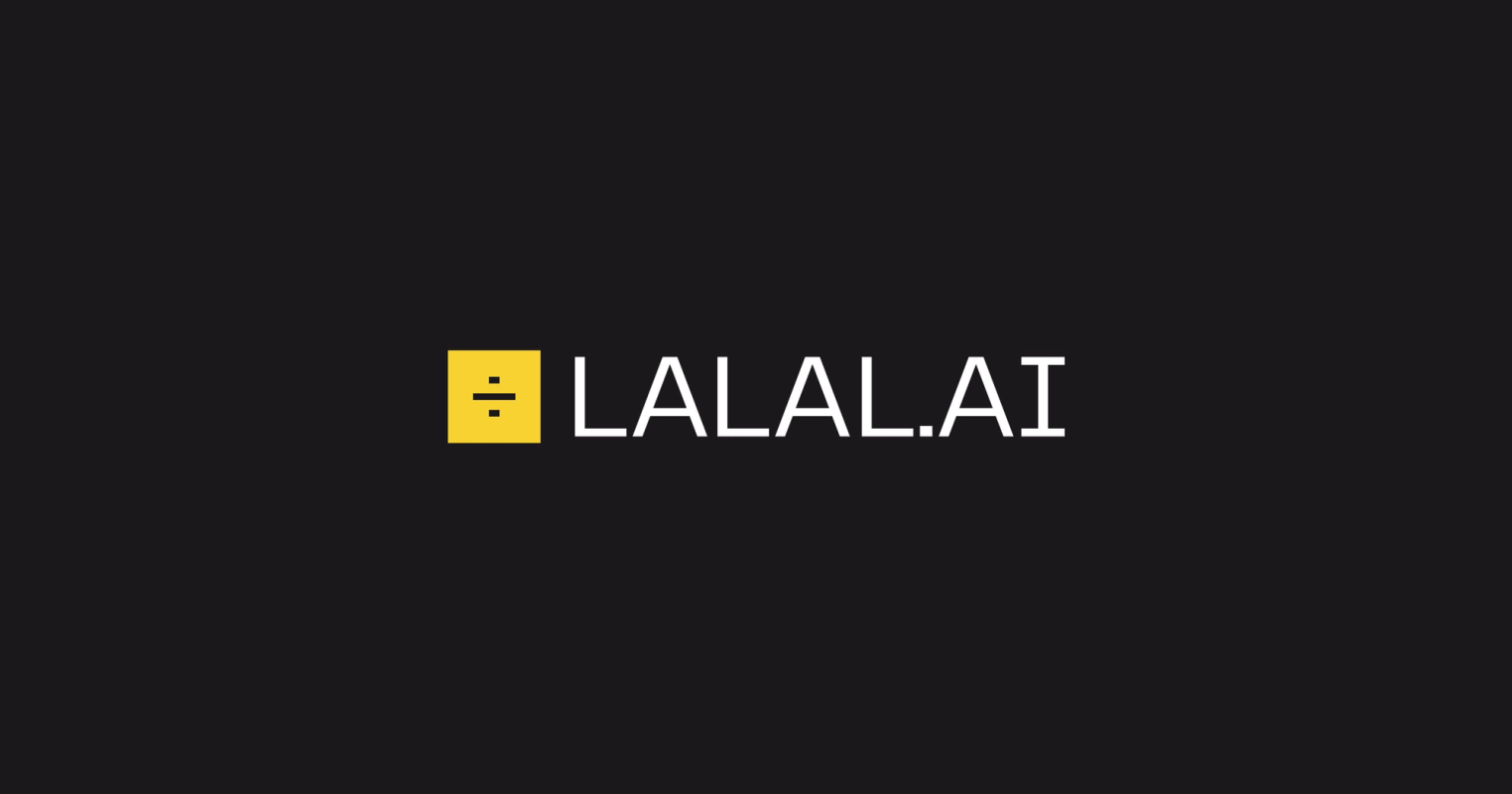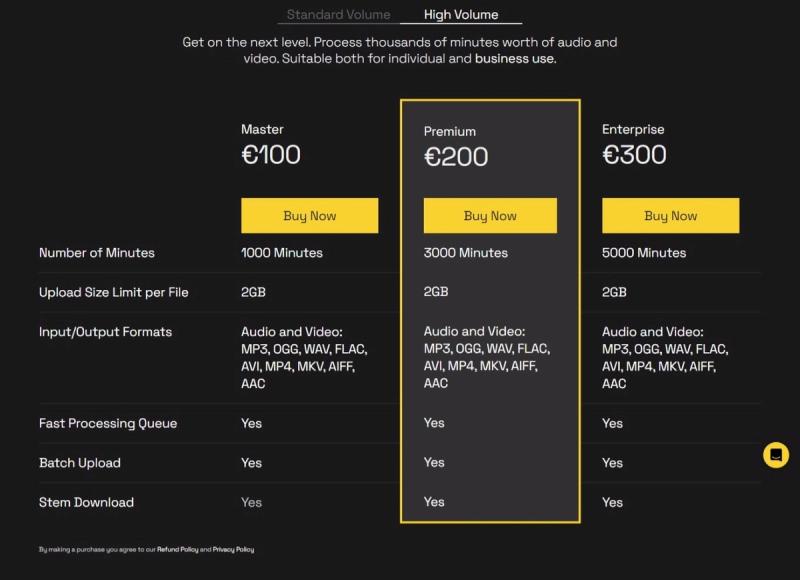
- 4 Key Features
- Wide Format Compatibility
- Flexible Pricing Plans
- Tools and API Integration
- User-Friendly Interface
Overview
Lalala is an advanced AI-driven service specializing in vocal and instrument removal from audio and video files, offering precise stem extraction and superior quality output. The platform leverages cutting-edge AI-powered technology and its groundbreaking Phoenix algorithm to deliver fast, accurate, and reliable stem separation across a variety of audio and video formats, including MP3, OGG, WAV, FLAC, AVI, MP4, MKV, AIFF, and AAC.
Designed for simplicity and efficiency, Lalala caters to individual needs by offering a range of pricing plans and packages. Users can start with a free trial to test the service before opting for a paid package that includes additional features such as fast processing queues, batch uploads, larger file size support, and stem downloads. By tailoring the plans to user requirements, Lalala ensures a seamless and customized experience for each user.
For developers and businesses, Lalala provides powerful tools and APIs that enable easy integration into websites, widgets, and services. This flexibility empowers users to harness Lalala's advanced AI capabilities for various applications and projects, enhancing their creative workflow and enabling new possibilities in music processing and production.
Lalala prioritizes user satisfaction and offers a comprehensive FAQ section to address questions and provide guidance, ensuring a smooth and enjoyable experience. With its commitment to delivering high-quality stem separation and an intuitive user interface, Lalala stands out as a leading platform for transforming music processing and creative projects.


Pros & Cons
Pros
- 👍 High-Quality Stem Extraction
- 👍 Versatile File Format Support
- 👍 Tools and API Integration
- 👍 Batch Processing:
Cons
👎 Processing Time
Depending on the plan and server load, processing times can vary, potentially leading to waiting periods during peak usage times.👎 Individual Use Restriction
The platform's pricing plans are designed specifically for individual use, which might not cater to the needs of larger organizations or commercial projects requiring more extensive usage.